Hey there, fellow earth enthusiasts and aspiring green thumbs! Ever find yourself reminiscing about the simplicity of kindergarten? Well, hold on to your crayons because it turns out those early life lessons can offer some surprisingly sage advice for navigating the world of farming and sustainable agriculture.
In this blog post, we’ll embark on a journey down memory lane to uncover 10 kindergarten gems that, believe it or not, can significantly shape our approach to sustainable agriculture.
1. Sharing is Caring:
Remember when the teacher told us to share our toys? Well, turns out, that principle extends beyond the sandbox. In the realm of farming and sustainability, sharing is indeed caring. But instead of swapping action figures, it’s about exchanging knowledge, resources, and expertise.

Imagine a world where farmers collaborate, sharing best practices, innovative solutions, and experiences. This camaraderie not only enriches individual farms but creates a powerhouse of collective wisdom, tackling issues like climate change and resource scarcity head-on.
Check out the National Bank for Agriculture and Rural Development (NABARD) for valuable resources on collaborative sustainable farming practices.
2. Teamwork Makes the Dream Work:
Those group projects in kindergarten weren’t just about building impressive structures from blocks—they were teaching us a life lesson. Sustainable agriculture thrives on teamwork. Picture farmers, researchers, policymakers, and local communities joining forces to create a collaborative network dedicated to developing and implementing sustainable farming practices.

It’s a holistic approach that extends beyond individual farms, encompassing regional and global efforts to address water conservation, biodiversity loss, and the quest for eco-friendly technologies. Teamwork, it seems, really does make the dream work in agriculture.
Explore the resources provided by the Indian Council of Agricultural Research (ICAR) for insights and collaborative initiatives in sustainable agriculture.
3. Reduce, Reuse, Recycle:
Reduce, reuse, recycle—more than just a catchy jingle for waste management. It’s a mantra that echoes through the fields of sustainable agriculture. Farmers are getting creative, minimizing waste, reusing resources, and recycling organic materials to create a beautiful closed-loop system.

From composting to cover crops, these practices not only minimize the use of synthetic fertilizers and pesticides but also contribute to the overall health of the soil. It’s a win-win for the environment and the farm.
Discover sustainable farming practices and tips on waste reduction at Agroecological Practices for Sustainable Agriculture.
4. Patience is a Virtue:
Growing a sustainable farm is a bit like waiting for the cookies to bake in kindergarten—it takes time. Quick fixes and shortcuts rarely result in a bountiful harvest. Sustainable farming is a marathon, not a sprint, allowing the natural processes of soil regeneration, crop growth, and ecosystem balance to unfold at their own pace.

So, channel that inner kindergartener, embrace patience, and watch as your farm transforms into a haven of biodiversity and resilience.
For insights on the patience-driven world of regenerative agriculture, check out The Organic Farming Association of India (OFAI).
5. Embrace Diversity:
Remember celebrating diversity in kindergarten? Well, the same principle applies to sustainable agriculture. Diversification in farming isn’t just about being inclusive; it’s about creating robust and adaptive farming systems.
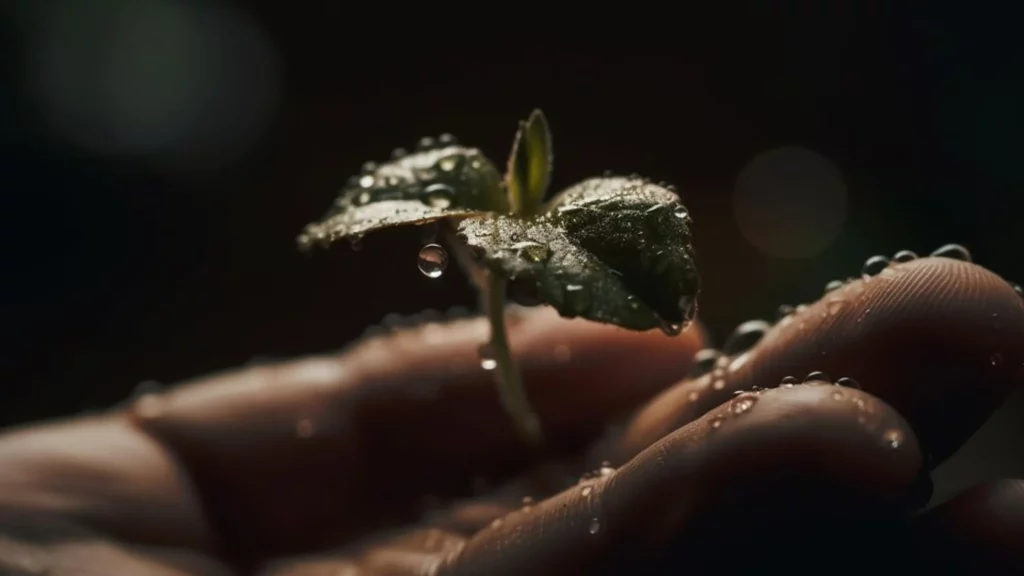
Say goodbye to monoculture, the practice of planting a single crop over vast areas. By introducing a variety of crops, farmers enhance soil health, reduce the risk of pests and diseases, and create ecosystems that mimic the beauty of nature’s diversity.
Explore resources on biodiversity in agriculture at Navdanya.
6. Follow the Golden Rule:
Treat the land and its inhabitants as you would like to be treated. The golden rule of kindergarten find a perfect home in sustainable agriculture. Ethical treatment of animals, responsible pesticide use, and soil conservation become the guiding principles of the eco-conscious farmer.

By adhering to this golden rule, farmers become stewards of the environment, contributing to the overall well-being of the planet and its inhabitants.
Learn about ethical farming practices at the Eco Mastery project.
7. Curiosity Fuels Discovery:
Remember the days when every question led to a new discovery? That curious mindset from kindergarten is a gem in sustainable agriculture. A curious farmer is an innovative farmer, willing to explore new techniques and embrace cutting-edge technologies.
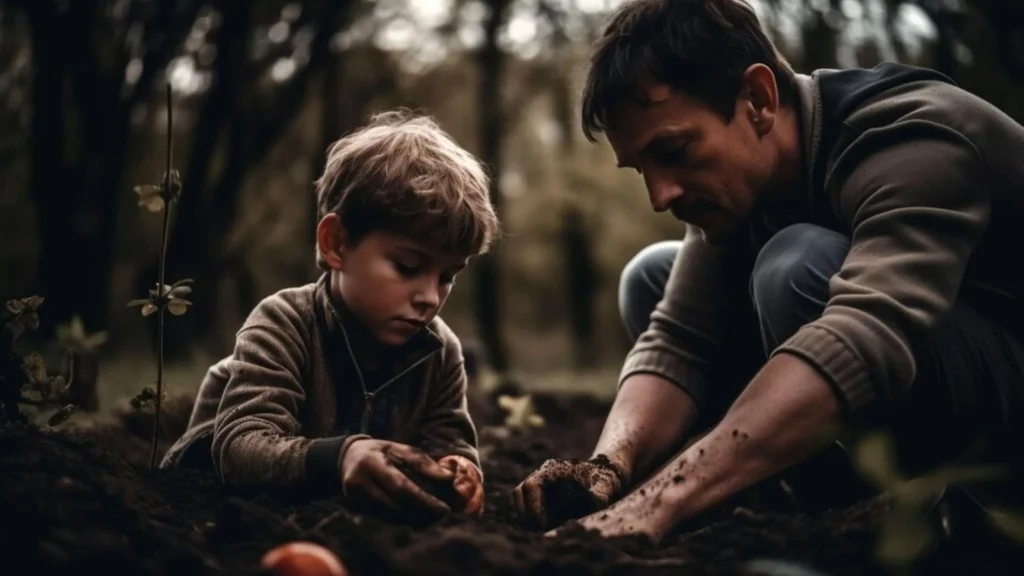
In the world of sustainable agriculture, staying informed about the latest advancements, experimenting with novel practices, and being open to innovation contribute to the ongoing evolution of farming methods.
Read the pdf resource from Fao.org on Agroecology.
8. Naptime is Essential:
Well, maybe not a nap, but taking breaks is crucial for both kindergarteners and farmers alike. Sustainable agriculture recognizes the importance of periodic fallow periods, allowing the soil to take a breather and recharge.

Cover cropping during these fallow periods becomes the farmer’s version of a rejuvenating nap, preventing soil erosion, improving soil structure, and enhancing nutrient availability. It’s self-care for the farm.
Learn more about cover cropping and sustainable practices at the Centre for Sustainable Agriculture (CSA).
9. Celebrate the Seasons:
Remember learning about the changing seasons in kindergarten? Farmers can take a leaf out of their own kindergarten book by aligning agricultural activities with the natural rhythm of the seasons. Seasonality in farming involves adjusting planting, harvesting, and other activities based on the unique characteristics of each season.
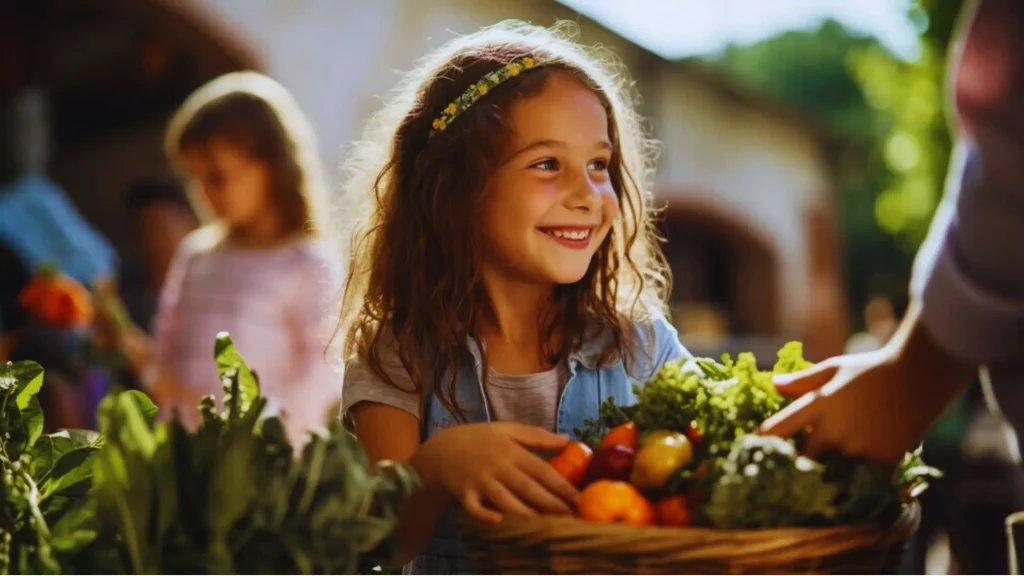
By celebrating the seasons and working in harmony with nature, farmers optimize crop yields while minimizing environmental impact. It’s a dance with Mother Earth, where every season brings a new opportunity for growth.
Explore seasonal farming tips and insights at the Agro-Climate Research Centre.
10. Always Say Thank You:
Gratitude, a lesson instilled in us from a young age, is equally crucial in sustainable agriculture. Expressing thanks to the land for its bounty, appreciating the hard work of farm animals, and recognizing the interconnectedness of the food we harvest to create a positive cycle of respect and sustainability.

Gratitude in agriculture isn’t just about words; it’s about implementing regenerative practices that give back to the land. From agroecological farming methods to carbon sequestration initiatives, expressing gratitude becomes an active contribution to the well-being of our shared home.
Learn more about regenerative practices at the Centre for Sustainable Agriculture (CSA).
Final Thoughts:
As we reflect on the simple yet profound lessons from kindergarten, it becomes clear that they hold the key to a more sustainable future in agriculture. By applying these principles to farming practices, we can nurture the Earth and create a harmonious balance between our need for sustenance and our responsibility to protect the environment. So, let’s channel our inner kindergartener, pick up our shovels and watering cans, and sow the seeds of a greener, more sustainable tomorrow

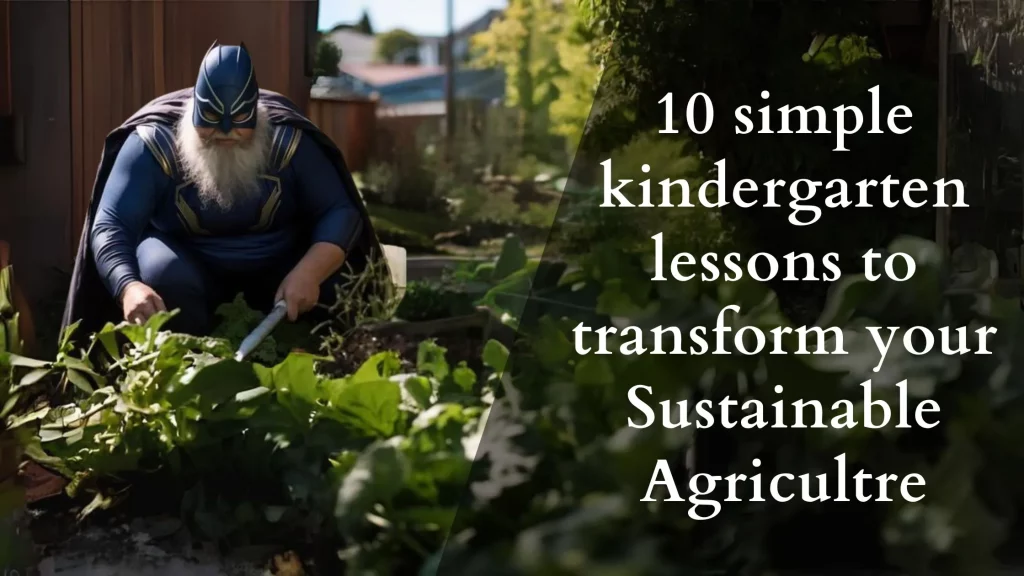
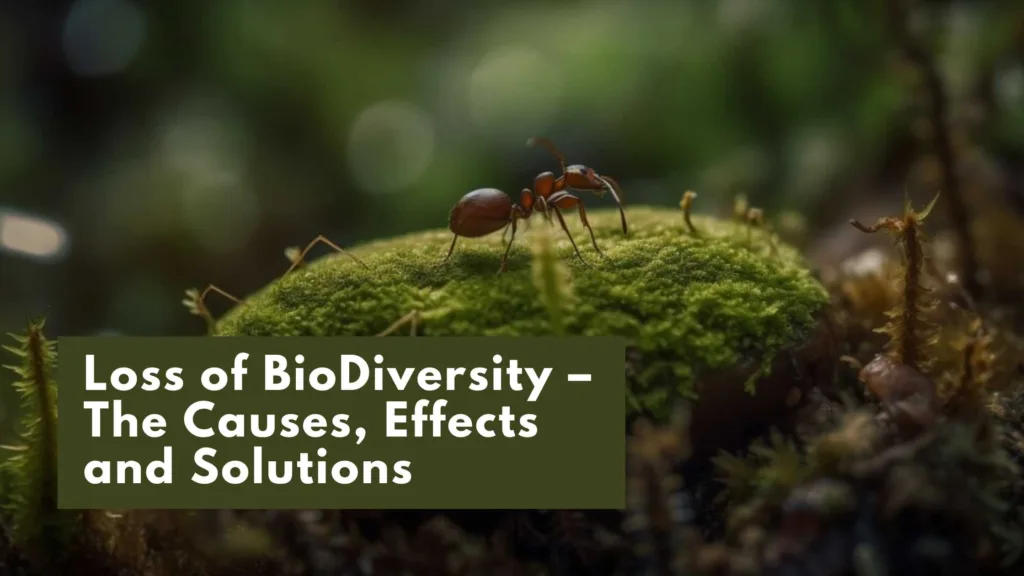
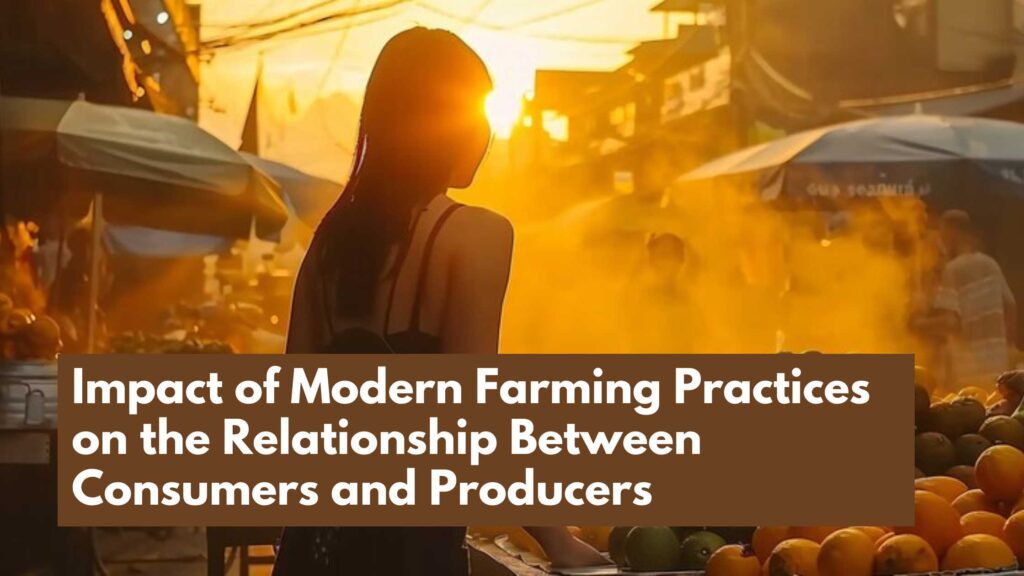
Harisharan Devgan, you’ve hit the sweet spot with this one! ‘This blog is a brilliant fusion of simplicity and innovation. A must-read for anyone ready to infuse a fresh perspective into sustainable farming. Kudos on unlocking the wisdom within basic lessons!
Hey, thanks a ton! So glad you vibed with the blog’s mix of simplicity and innovation. Let’s keep the sustainable farming journey going and uncover more fresh perspectives together!
Who knew kindergarten lessons could revolutionize sustainable agriculture? This post connects the dots between the ABCs of childhood and the essentials of eco-friendly farming. Brilliant insights that make you rethink the basics!
It beautifully illustrates the simplicity and wisdom that can be gleaned from the basics. Your insights make it clear that embracing these foundational principles can indeed revolutionize our approach to sustainable farming. Thanks for this enlightening read, reminding us that sometimes, the most powerful lessons are the ones we learn early in life. Truly transformative and inspiring!
Sustainability lessons from kindergarten? Now, that’s a fresh take on farming! Your post has me excited to explore a greener approach.
I’m thrilled to hear that the idea of sustainability lessons from kindergarten resonated with you! It’s always exciting to explore new perspectives, especially when it comes to a greener approach to farming. Your enthusiasm is contagious, and I hope the exploration brings you even more insights into sustainable agriculture. Thanks for sharing your excitement, and here’s to embracing a greener future in farming!
Who knew kindergarten lessons could apply to sustainable agriculture? This post is making me rethink the basics in the best way possible!
I’m so glad to hear that you found the connection between kindergarten lessons and sustainable agriculture intriguing! It’s fascinating how revisiting the basics can bring fresh perspectives. Thanks for taking the time to share your thoughts. Here’s to rethinking and embracing the fundamentals in the best way possible for a greener approach to agriculture!
Diversity in crops and practices, just like embracing diversity in the classroom! Following the golden rule of nature.
Couldn’t agree more! Nature’s golden rule of embracing diversity is beautifully mirrored in both classrooms and crops. It’s heartening to see how fostering variety in practices leads to a richer and more sustainable agricultural landscape.
Reducing, reusing, and recycling on the farm – brilliant! Kindergarten wisdom striking a chord in the world of agriculture.
Absolutely! It’s amazing how the basic principles of reduce, reuse, and recycle from kindergarten can seamlessly integrate into sustainable farming practices. Kindergarten wisdom, now a beacon for eco-friendly and mindful agriculture.
Who would’ve thought that kindergarten lessons could apply to sustainable agriculture? Mind blown! Sharing is caring and teamwork makes the dream work indeed!
Right? It’s incredible how those simple kindergarten lessons hold such powerful truths, even in sustainable agriculture! The idea that sharing is caring and teamwork makes the dream work resonates beautifully on the farm. Mother Nature seems to have her own set of timeless principles.
Thanks for sharing this insightful post on sustainable agriculture. It’s refreshing to learn about practical approaches to ensure the health of our planet.